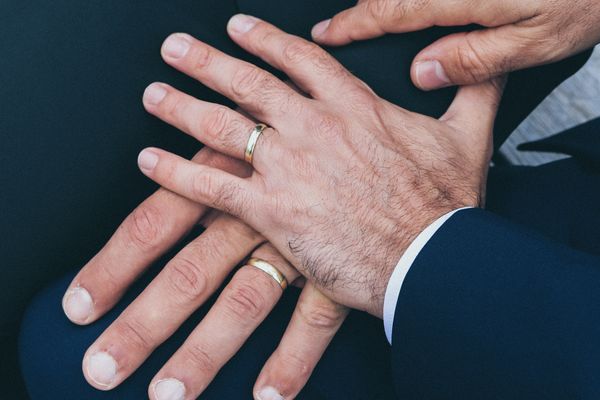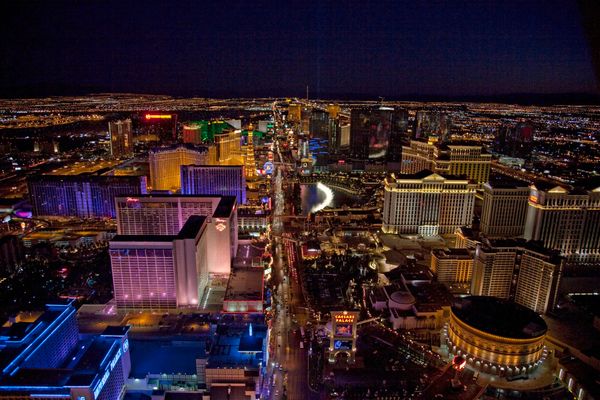In school, when we get into 20th century American history, the only major social movements that are usually covered are the Civil Rights movement and the counterculture of the 1960's. Feminism is covered with the 19th Century and Elizabeth Cady Stanton, but once women get the right to vote, history classes stop caring. The liberties of African Americans is very much the same story: they were slaves, now they're not; then the 50's were bad and MLK made it so they could be in the same room as white people and everything is fine now.
The second and third waves of feminism go largely untouched, as do the ongoing struggles of minorities in American society. However, these movements have at least have made it to the classroom. The history of Gay Rights and the fight for acceptance and marriage equality are entirely nonexistent in high school history classes. The 1969 riots at the Stonewall Inn are to the Gay Rights movement what Rosa Parks and the Bus Boycotts were to the Civil Rights Movement, and what the Seneca Falls Convention and "The Feminine Mystique" were to Feminism. Stonewall is the event that started the entire movement.
Before 1969, gay people were forced to lived in the shadows. The medical world had declared homosexuality a mental illness and a disorder. The law saw homosexuals as criminals. In NYC, bars were the only place the LGBT community could meet, and known hangouts were often raided by police. Members of the LGBT community were in constant fear of being arrested or at least harassed by police. Until one night in late June of 1969, when NYPD raided the Stonewall Inn, a frequent meeting place for homosexual, bisexual, and transexual people. They quickly lost control of the situation and riots broke out. The riots became a triumph for the LGBT community; and, within two years, there were Gay Rights groups in every major city in America. June became Pride Month, and towards the end of the month, every major city in America holds parades and other events to celebrate. Within four years, the American Psychiatric Association had removed its claims of homosexuality being an illness. With each decade, gays became more accepted by society. By the 90's there were countless television shows promoting and admiring homosexuals and their lifestyle. And finally in our time, we see them win the right to marry who they love.
Putting religious and social bias aside, Stonewall was a major historical moment. Gay Rights is a major historical social movement, and yet if asked, very few high schoolers would know what transpired at that bar in Greenwich Village in the early hours of June 28th, 1969. But the schools are afraid to challenge the bigots in charge. The history courses continue to teach the history of America, but only the history of white, straight, male Americans. Yes, they teach about slavery, but the main focus is that this caused the Civil War (and how many white men died.) Yes, they teach Women's Suffrage, but only as a side note to The Gilded Age and World War One. And of course they teach Civil Rights, but again as a part of the social changes of the volatile 1960s (and only the African American movement, not the Latin American/Migrant Workers movement.). Modern Feminism is untouched by schools. The Rodney King Riots are untouched, Cesar Chavez and the Mexican American Labor struggle are left untouched, Stonewall, and the entire history of the LGBT community is left untouched in reviewing the modern the history of our nation.
This is not a slam on the teachers, many of them try their best but are faced with opposition. Many will try and veer away from the mainline curriculum but are reprimanded by parents or the district. But if the hatred in the world is going to stop, it will be stopped by teachers instructing their students in equality. When schools began telling young kids "the Civil War was fought over slavery, slavery is wrong," that is when the ground began to move for Martin Luther King, Rosa Parks, and Malcolm X to be able to end segregation and fight for the acceptance of African Americans in American Society.
If students are taught from a young age of the hatred and violence that was thrust upon the African American or LGBT communities, and of the unfairness and sexism shown towards women, then there is hope these children will grow up to respect their neighbors. They'll believe that the disgustingly high percentage of black males who are incarcerated is a sign of social injustice and not "their own fault." The male children will grow up to see a woman as an equal human to them, not a princess who needs rescuing/protecting or a sex toy for their pleasure. And the girls will see themselves as powerful, strong women, and challenge beauty standards and sexism seen in the world. And these children who learn about Stonewall and the struggles of homosexuals will end up being comfortable in their own skin, whether they be gay or straight, and they will learn to respect each other for who they are.
We are not born hating, we are taught. We cannot directly change what children are taught in the home. However, if in our schools we teach them from a young age that a person is a person, no matter their race, their gender, or who they love, then that is a step towards peace and prosperity.





















